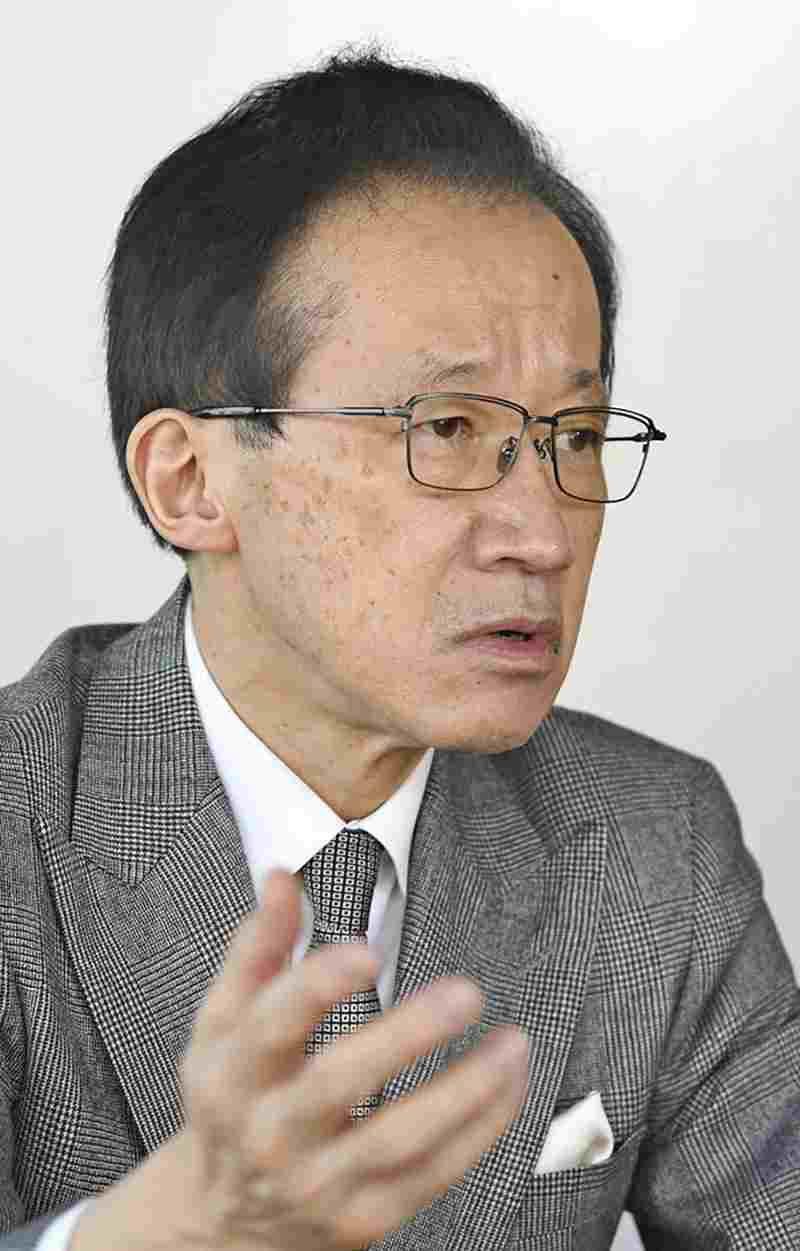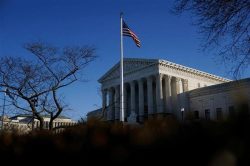Invisible threats / Enhanced capabilities needed to protect Japan’s key infrastructure

Shigeru Kitamura, former secretary general of the National Security Secretariat
18:45 JST, March 4, 2022
This is the ninth and final installment of a series exploring Japan’s vulnerabilities in areas such as information and supply networks, which have prompted the government to expedite efforts to pass a law to safeguard the nation’s economic security. The following is excerpted from an interview with Shigeru Kitamura, former secretary general of the National Security Secretariat.
Japan’s legal systems concerning national security have been developed gradually since the second Abe Cabinet, led by then-Prime Minister Shinzo Abe.
To use the human body as a reference, the country’s nervous system has been beefed up with the Law on the Protection of Specially Designated Secrets, which protects important information concerning national security. Its skeletal structures and muscles have been strengthened through the security-related laws, which enable among other things the limited exercise of the nation’s right of collective self-defense.
The legislation for the promotion of economic security, which the government approved at a Cabinet meeting on Feb. 25, is designed to strengthen the nation’s internal organs, so to speak, in the sense that it would strengthen the protection of business projects and companies that make up our society. With the enactment of the legislation, Japan will at last obtain a level of resilience equal to that of foreign nations, thus moving closer to being a “normal country” in that regard.
In modern times, so-called hybrid warfare is being fought, employing a combination of military and nonmilitary means. As illustrated by the cyber-attacks on financial institutions in Ukraine, made before Russia’s invasion of that country, vulnerable parts of countries’ key infrastructure are being struck.
Japan has taken its own measures to safeguard its governmental organizations, but the pre-screenings by the government included in the latest legislation will enhance its ability to defend key infrastructure. Situations such as key infrastructure suddenly ceasing to function, plunging Japan’s entire society into turmoil, must be avoided by all means.
One issue that needs to be discussed in the future is a “security clearance system,” which would allow classified information to be accessed only by parties who are deemed to pose no risk of leaks and is meant for conducting advanced joint research with other countries, including the United States.
For such a system to be meaningful, Japan must prepare a framework that is acceptable not only in this country but is also as stringent as similar systems elsewhere, such as in the United States. Whether such a system can be adopted in Japan depends on the maturity of the arguments for it within business circles, and by extension among the public.
The United States focuses on economic security in its National Security Strategy, the guiding principles for its diplomatic, military, and economic policies. In Japan’s National Security Strategy, the basic guidelines of the country’s security policy and which the government will amend at the end of this year, Japan must position clearly its efforts so far, the achievements contained in the legislation, and its future course of action regarding economic security.
Kitamura graduated from the Faculty of Law of the University of Tokyo and joined the National Police Agency in 1980. He became director of Cabinet Intelligence in 2011, and secretary general of the National Security Secretariat in 2019. In April 2020, he inaugurated an economic division in the National Security Secretariat. He is 65.
Top Articles in Politics
-

Japan PM Takaichi’s Cabinet Resigns en Masse
-

Sanae Takaichi Elected Prime Minister of Japan; Keeps All Cabinet Appointees from Previous Term
-

Japan’s Govt to Submit Road Map for Growth Strategy in March, PM Takaichi to Announce in Upcoming Policy Speech
-

LDP Wins Historic Landslide Victory
-

LDP Wins Landslide Victory, Secures Single-party Majority; Ruling Coalition with JIP Poised to Secure Over 300 seats (UPDATE 1)
JN ACCESS RANKING
-

Japan PM Takaichi’s Cabinet Resigns en Masse
-

Japan Institute to Use Domestic Commercial Optical Lattice Clock to Set Japan Standard Time
-

Israeli Ambassador to Japan Speaks about Japan’s Role in the Reconstruction of Gaza
-

Man Infected with Measles Reportedly Dined at Restaurant in Tokyo Station
-

Videos Plagiarized, Reposted with False Subtitles Claiming ‘Ryukyu Belongs to China’; Anti-China False Information Also Posted in Japan























